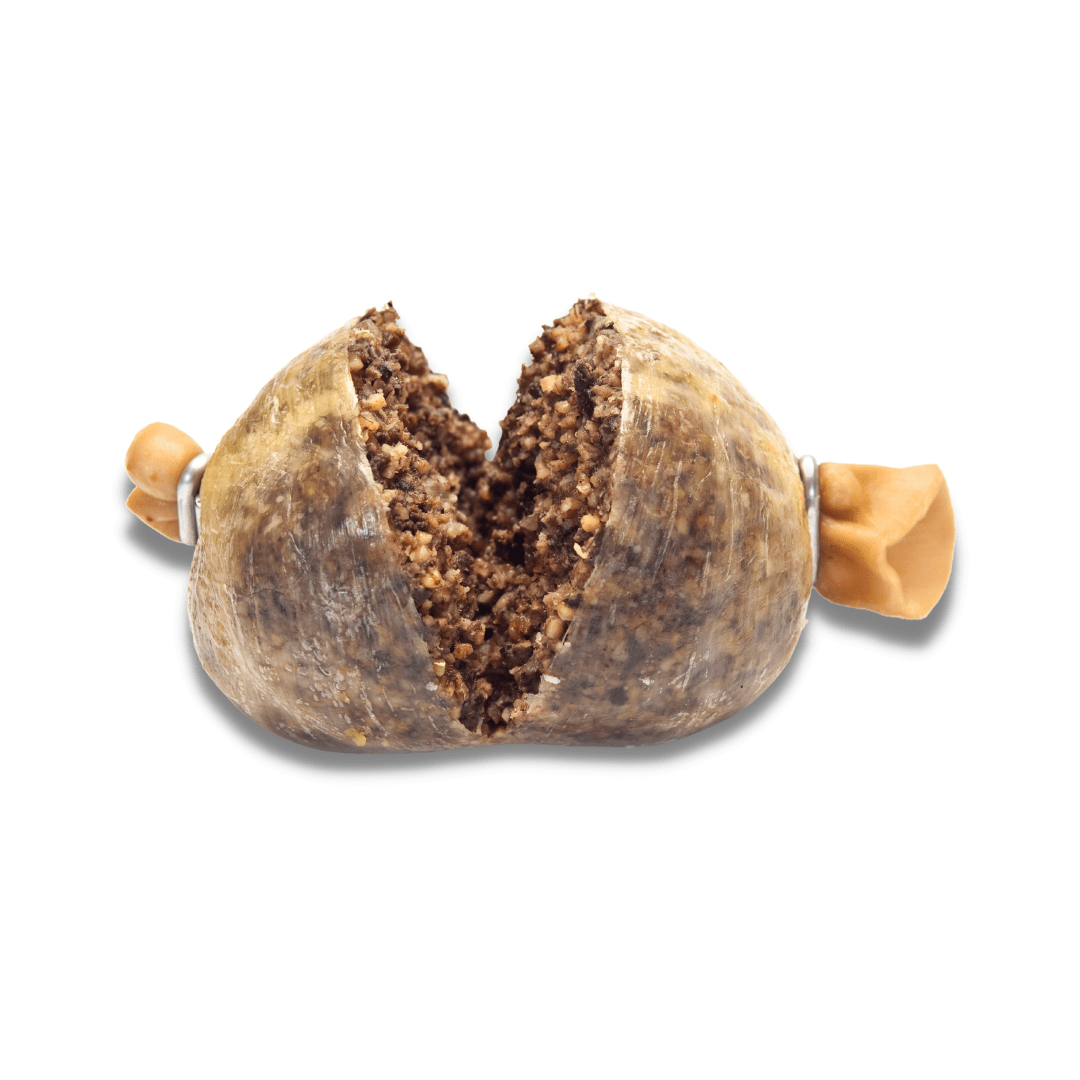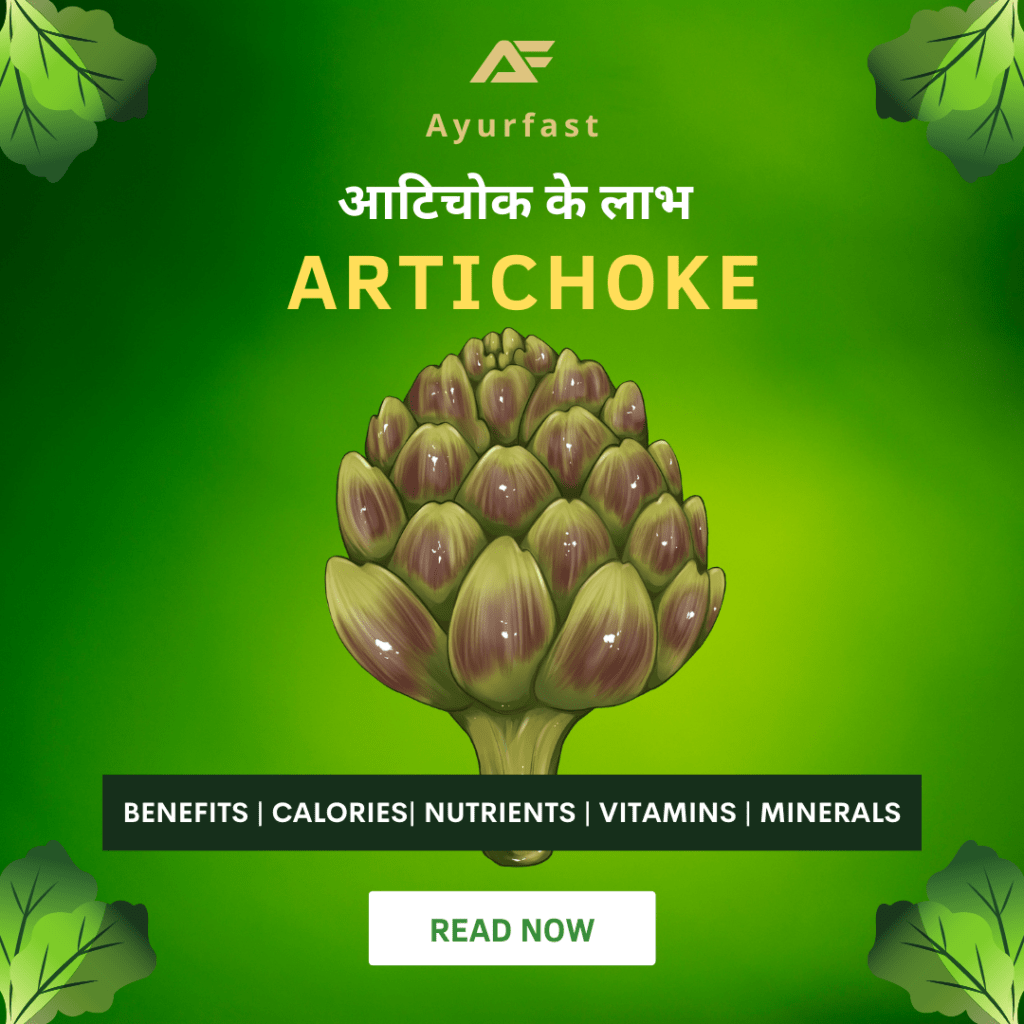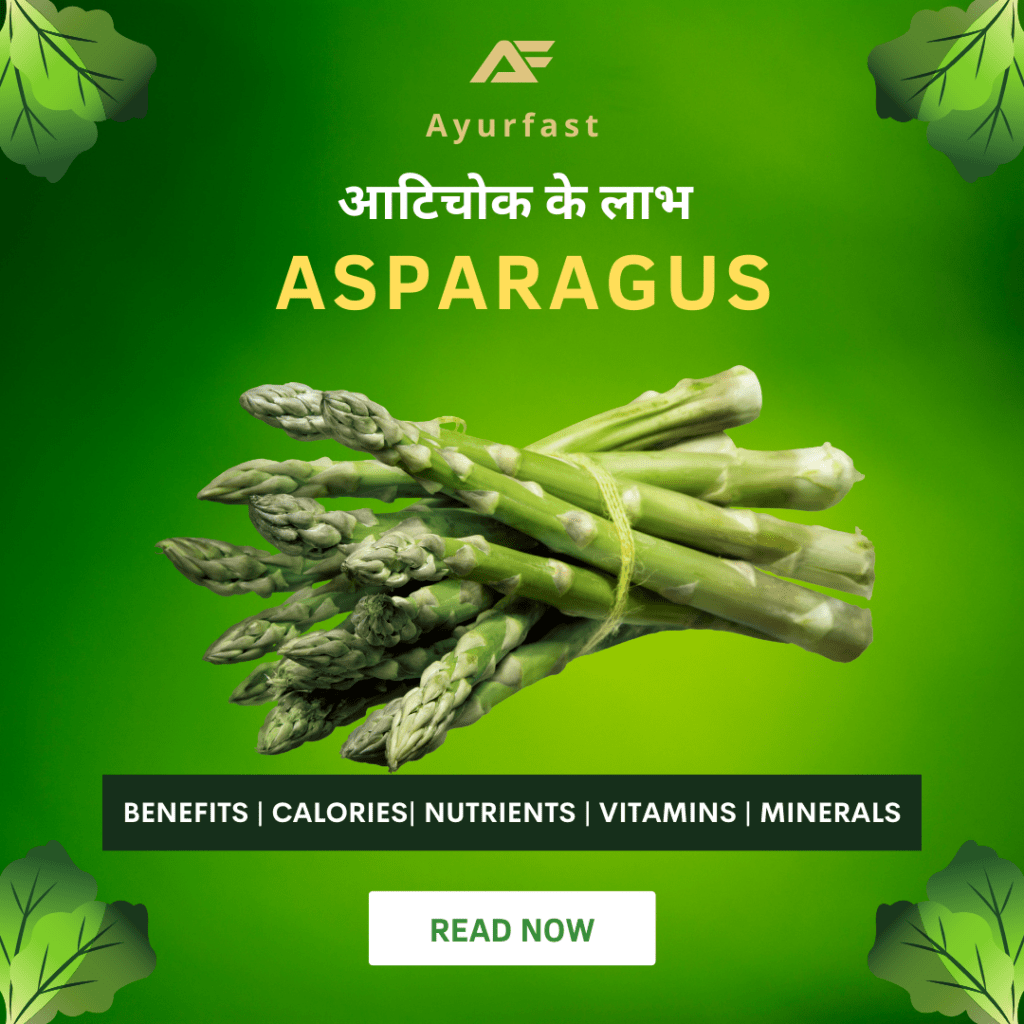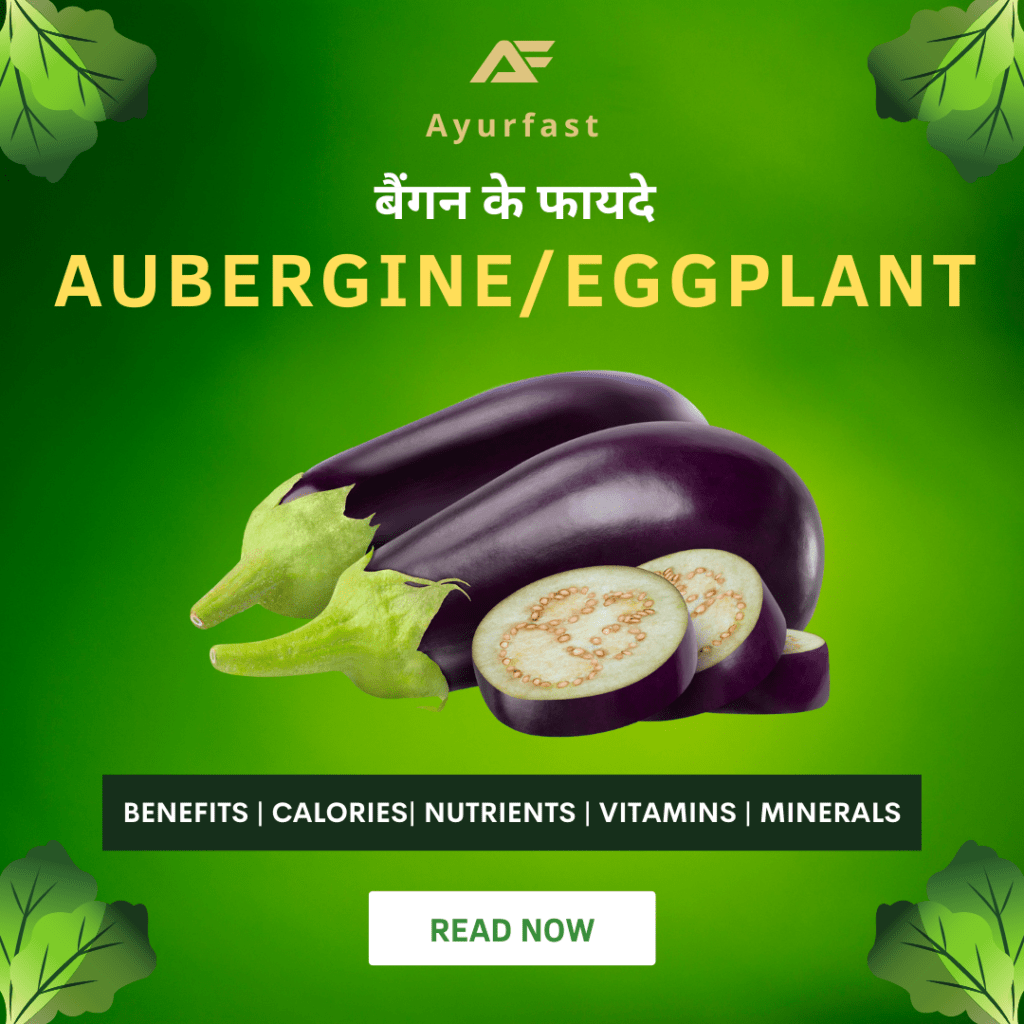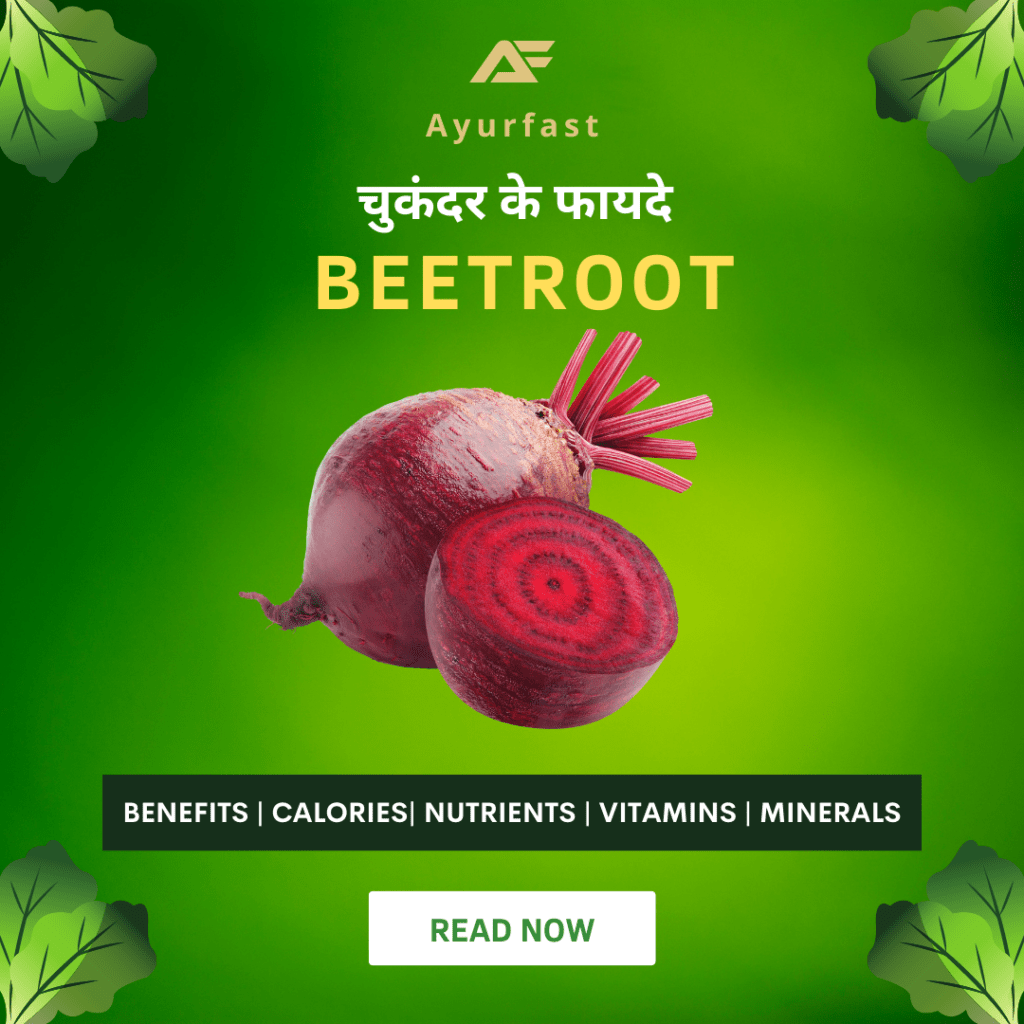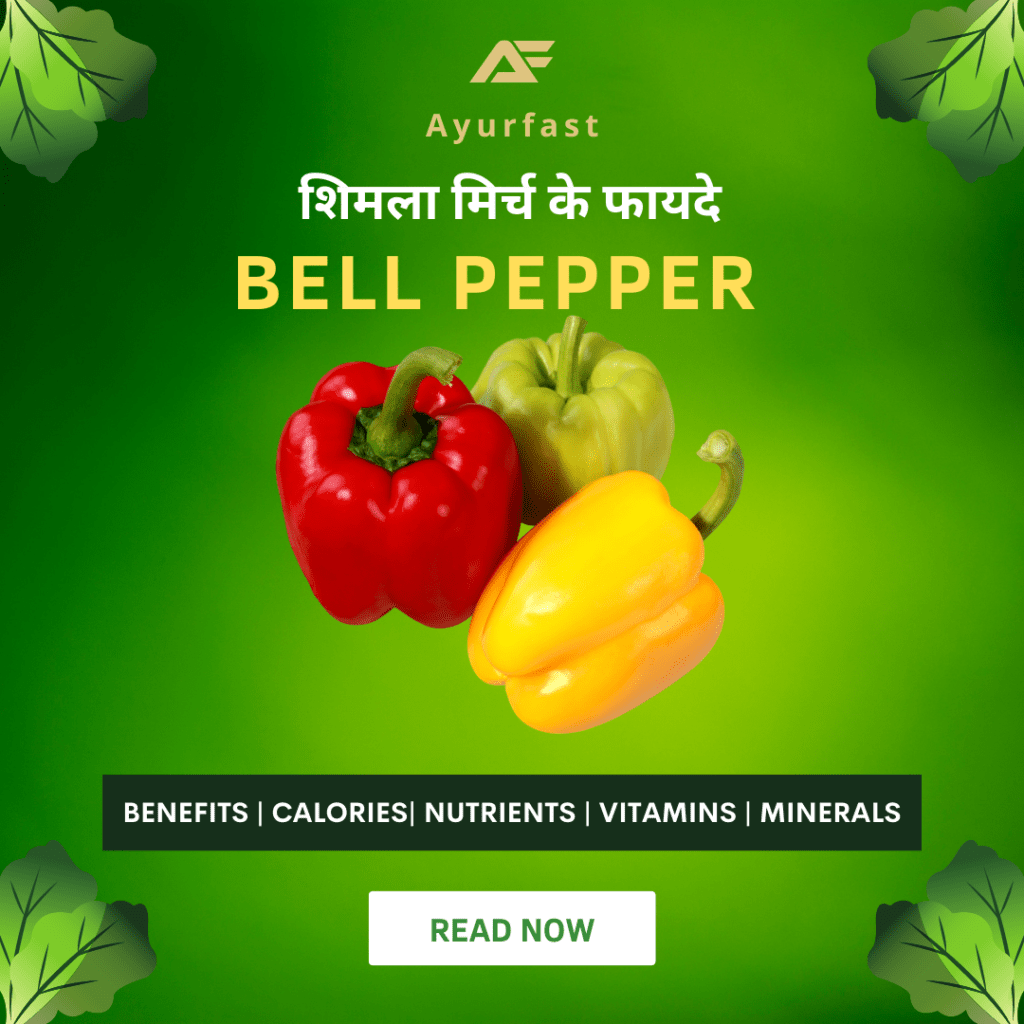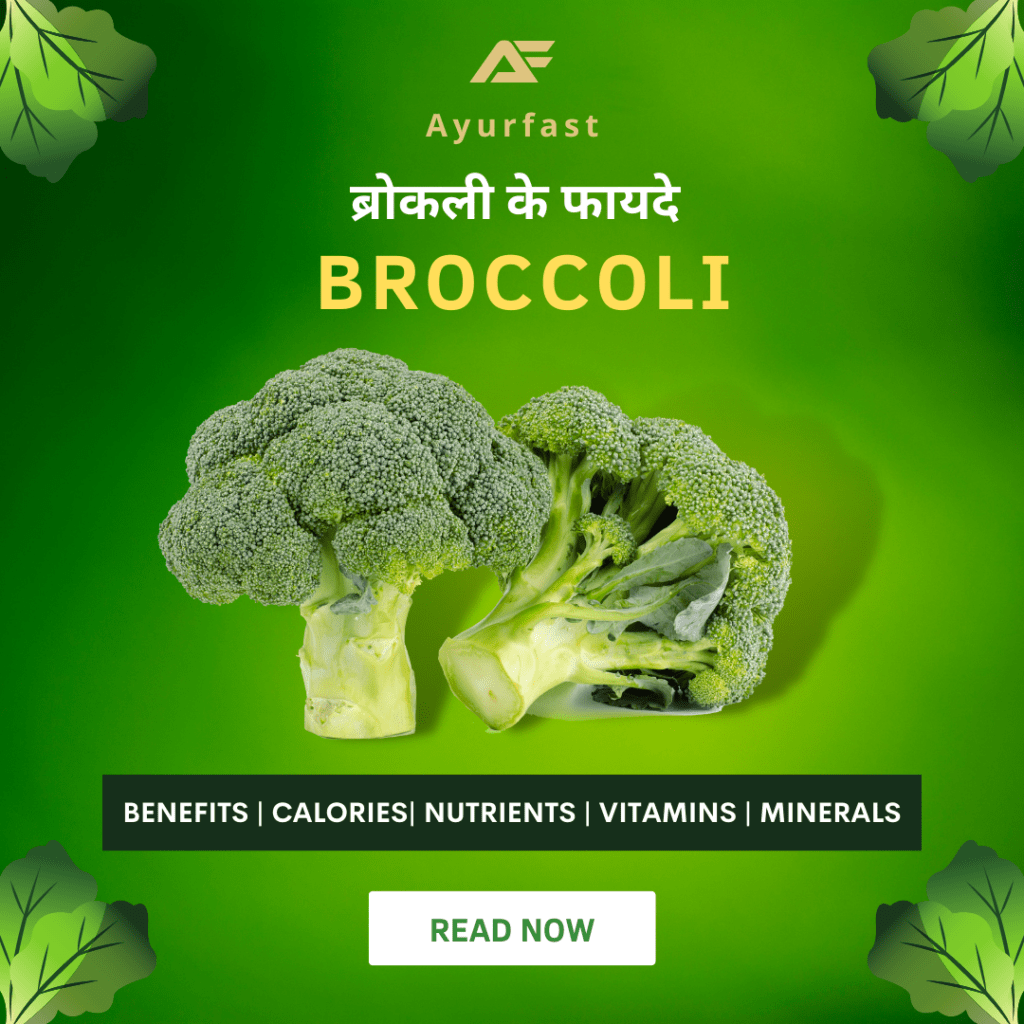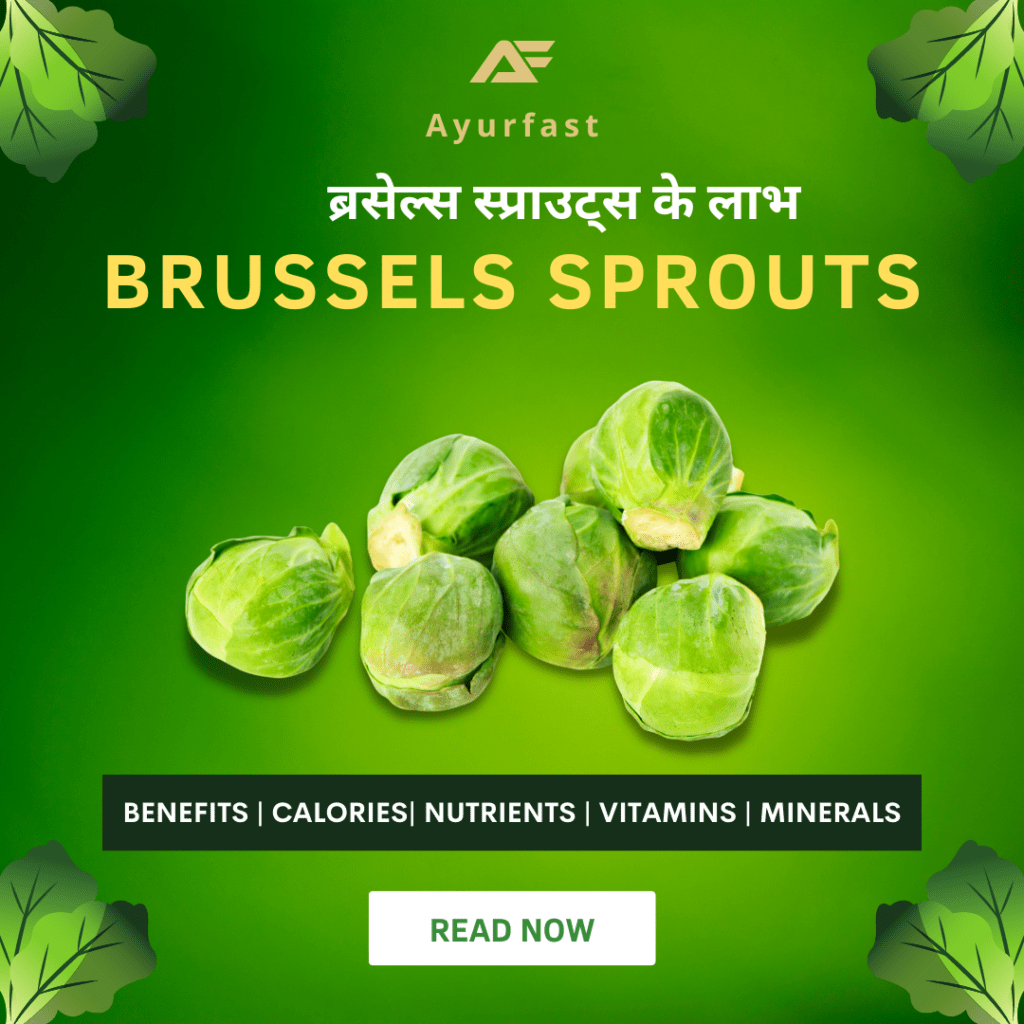About
Rutabaga, also known as Swedish turnip, is a root vegetable that belongs to the brassica family. It is a cross between a cabbage and a turnip and has yellow flesh and purple or yellowish-brown skin. It has a slightly sweet and nutty flavor and can be eaten cooked or raw.
Health benefits of rutabaga:
-
Rich in nutrients: Rutabaga is low in calories and high in nutrients. It contains a variety of vitamins, minerals, and antioxidants that are essential for good health.
-
High in fiber: Rutabaga is an excellent source of fiber, which is important for maintaining digestive health and preventing constipation.
-
Boosts immunity: Rutabaga is rich in vitamin C, which is a powerful antioxidant that helps to strengthen the immune system and protect against infections.
-
Supports bone health: Rutabaga is a good source of calcium, magnesium, and potassium, which are important for maintaining strong and healthy bones.
-
Lowers cholesterol: Rutabaga contains soluble fiber, which can help to lower cholesterol levels and reduce the risk of heart disease.
-
Anti-inflammatory properties: Rutabaga contains antioxidants and anti-inflammatory compounds that can help to reduce inflammation in the body.
List of diseases that can be prevented or treated with rutabaga:
- Obesity
- Diabetes
- Heart disease
- High blood pressure
- Cancer
- Osteoporosis
- Inflammatory bowel disease
Energy and macronutrient content of rutabaga per 50g serving:
| Nutrient | Amount |
|---|---|
| Calories | 17 |
| Carbohydrates | 4 g |
| Protein | 0.5 g |
| Fat | 0.1 g |
| Fiber | 1 g |
| Water | 43 g |
Vitamin content of rutabaga per 50g serving:
| Vitamin | Amount |
|---|---|
| Vitamin A | 17 mcg |
| Vitamin B1 | 0.03 mg |
| Vitamin B2 | 0.03 mg |
| Vitamin B3 | 0.4 mg |
| Vitamin B6 | 0.05 mg |
| Vitamin B12 | 0 mcg |
| Vitamin C | 11 mg |
| Vitamin D | 0 mcg |
| Vitamin E | 0.15 mg |
| Vitamin K | 3.3 mcg |
| Folate | 12 mcg |
| Biotin | 0.2 mcg |
Mineral content of rutabaga per 50g serving:
| Mineral | Amount |
|---|---|
| Calcium | 17 mg |
| Iron | 0.2 mg |
| Iodine | 0 mcg |
| Zinc | 0.2 mg |
| Magnesium | 10 mg |
| Phosphorus | 15 mg |
| Potassium | 165 mg |
| Sodium | 10 mg |
| Chloride | 26 mg |
| Copper | 0.05 mg |
| Chromium | 0 mcg |
| Fluoride | 3 mcg |
| Molybdenum | 3 mcg |
| Manganese | 0.1 mg |
| Selenium | 0.4 mcg |
What are the health benefits of rutabaga?
Rutabaga is a nutritious root vegetable packed with vitamins, minerals, and fiber, offering benefits such as improved digestion and enhanced immune function.
: How to cook rutabaga in various dishes?
Rutabaga can be cooked by roasting, boiling, mashing, or adding it to soups, stews, and casseroles for a delicious and nutritious addition to meals.
Can rutabaga be used in soups and stews?
Absolutely! Rutabaga adds a hearty and slightly sweet flavor to soups and stews, enhancing the overall taste and texture.
How to grow rutabaga in a garden?
Rutabaga can be grown from seeds in well-drained soil with full sun, regular watering, and a maturity period of approximately 90 days.
Are there any specific rutabaga dishes in different cuisines?
Rutabaga is commonly used in Scandinavian cuisine, particularly in dishes like kålrotstappe (mashed rutabaga) and kålrotslåda (rutabaga gratin).
How does the flavor of rutabaga enhance dishes?
Rutabaga offers a mildly sweet and earthy flavor, adding depth and complexity to a wide range of dishes.
What nutrients are found in rutabaga?
Rutabaga is a good source of vitamin C, potassium, fiber, and antioxidants, contributing to overall health and wellbeing.
Are there any allergies or side effects associated with rutabaga?
While rare, some individuals may have allergies to rutabaga. It is advisable to consume it in moderation and consult a healthcare professional if needed.
How to incorporate rutabaga into a healthy diet?
You can incorporate rutabaga into your diet by adding it to salads, roasting it as a side dish, or using it as a substitute for higher-calorie ingredients.
What is the best way to store rutabaga?
Rutabaga should be stored in a cool and dark place, away from moisture, and can last for several weeks when stored properly.
Can rutabaga be used in roasts or casseroles?
Yes, rutabaga can be a great addition to roasts or casseroles, providing a unique flavor and texture to the dish.
Is rutabaga a good source of vitamins and minerals?
Yes, rutabaga is rich in vitamin C, potassium, magnesium, calcium, and other essential vitamins and minerals.
What are the culinary uses of rutabaga?
Rutabaga can be used in a variety of culinary preparations, including soups, stews, roasted vegetable medleys, and even rutabaga fries.

